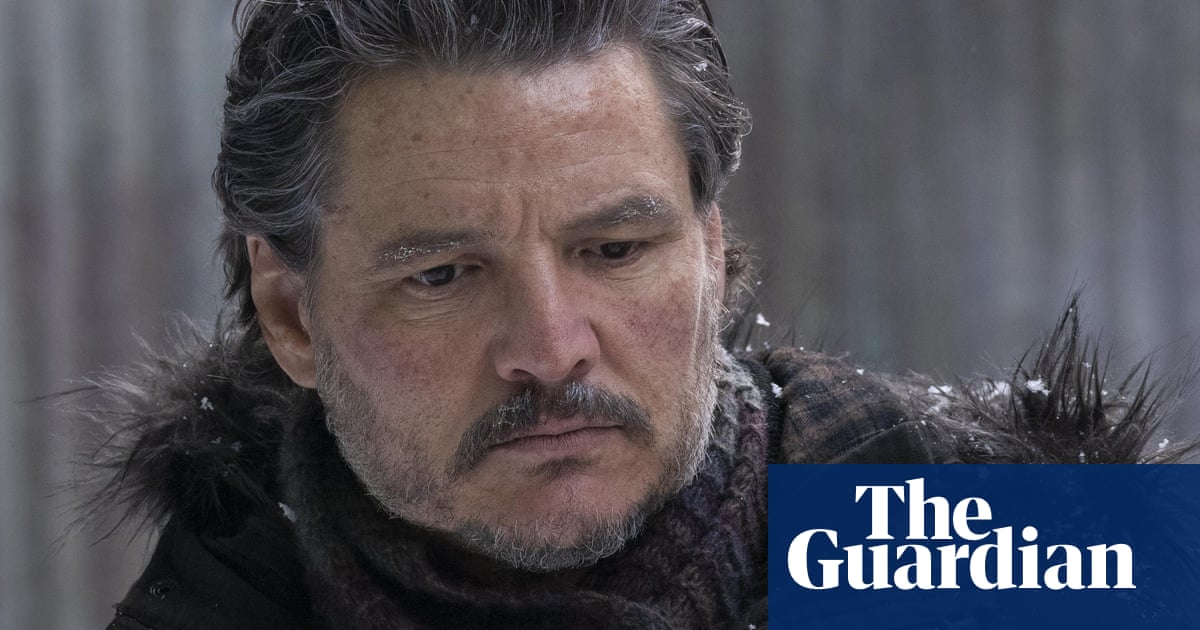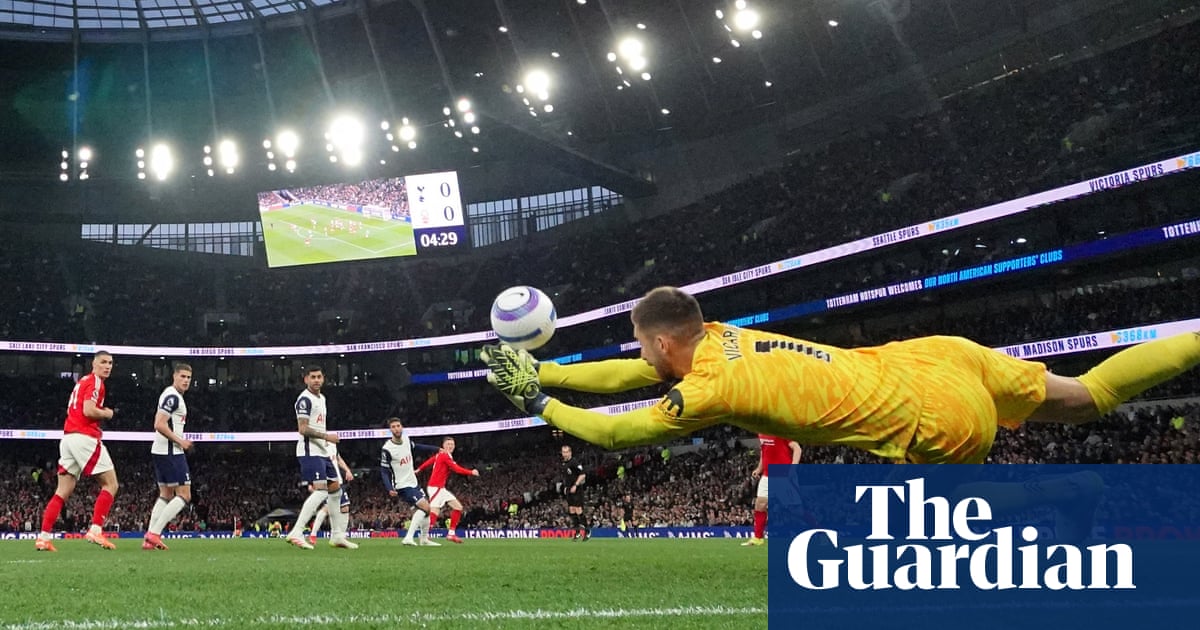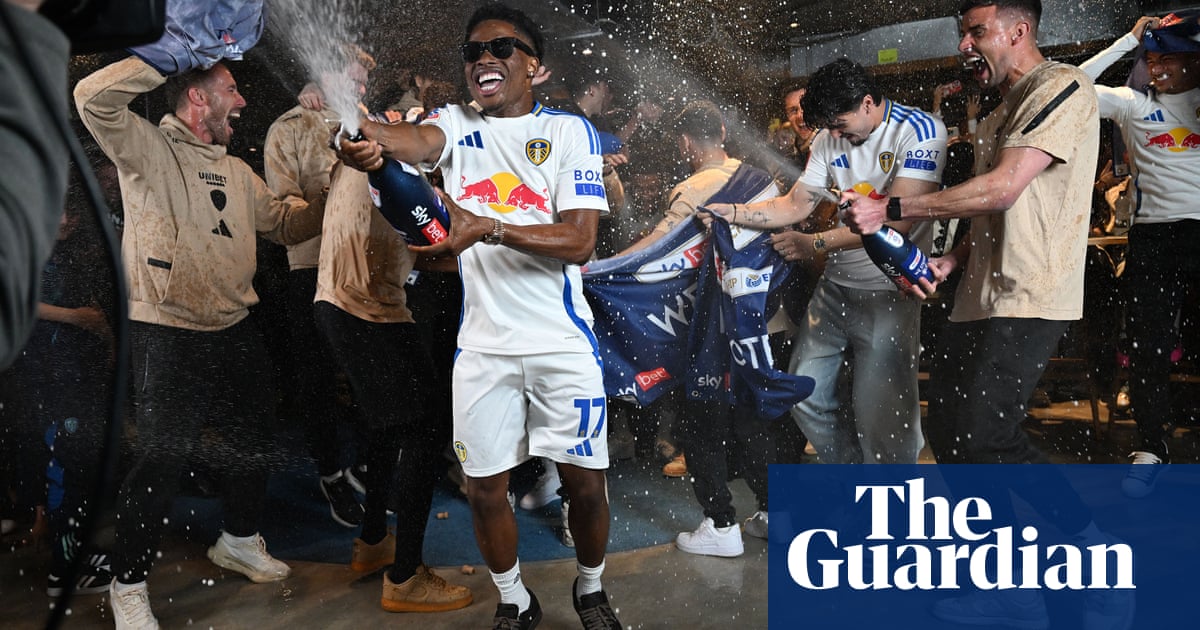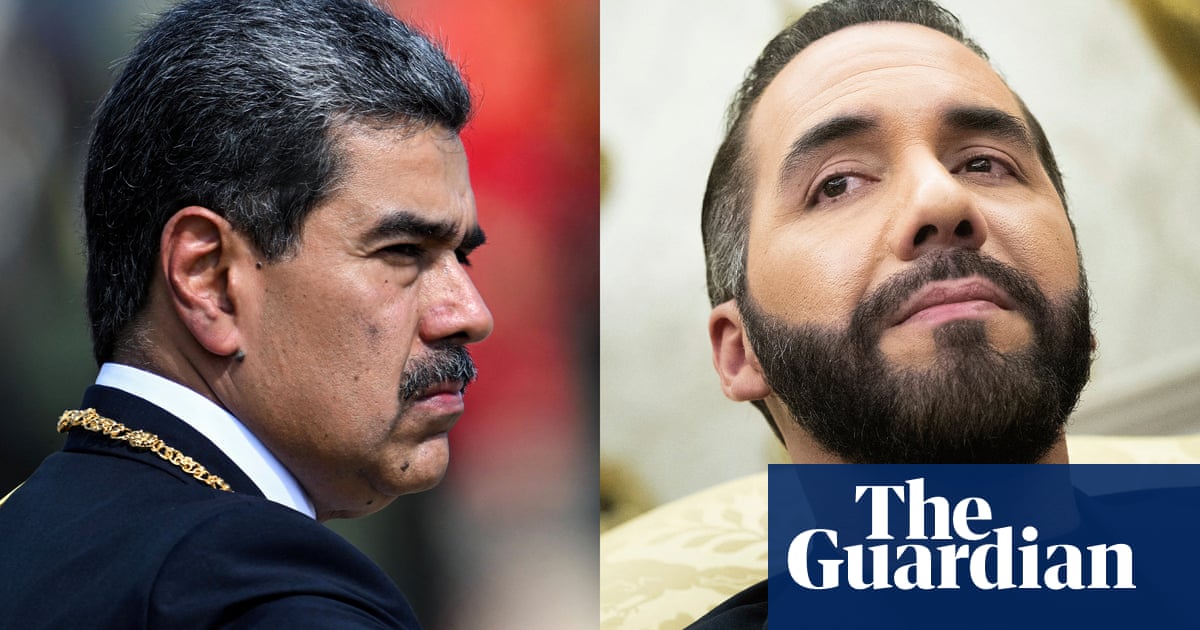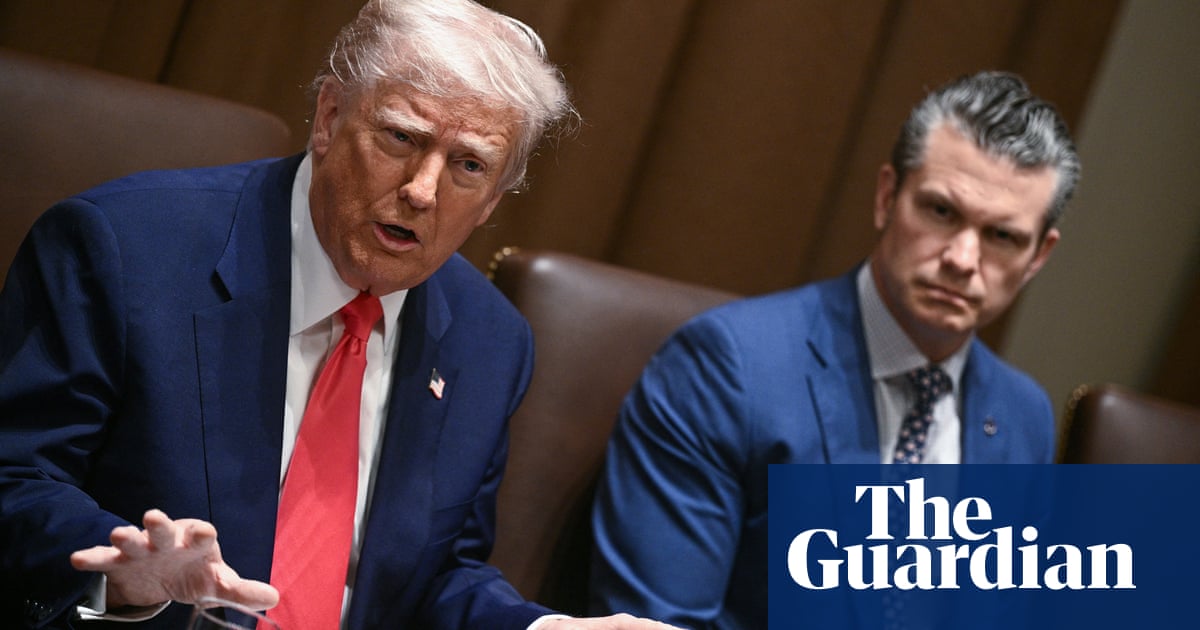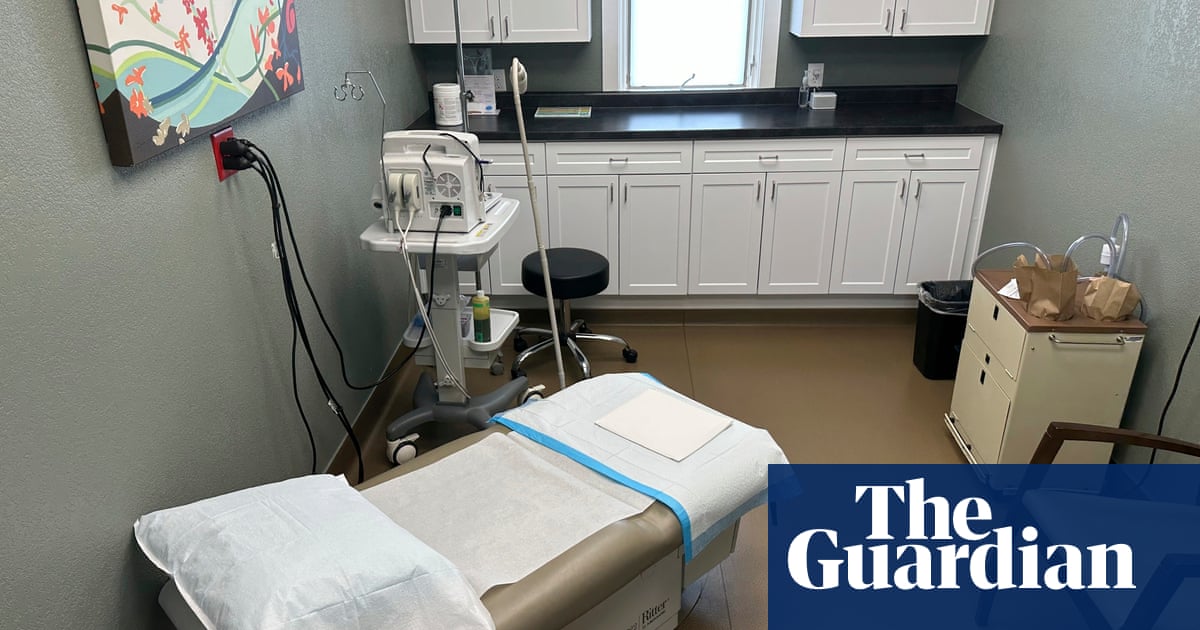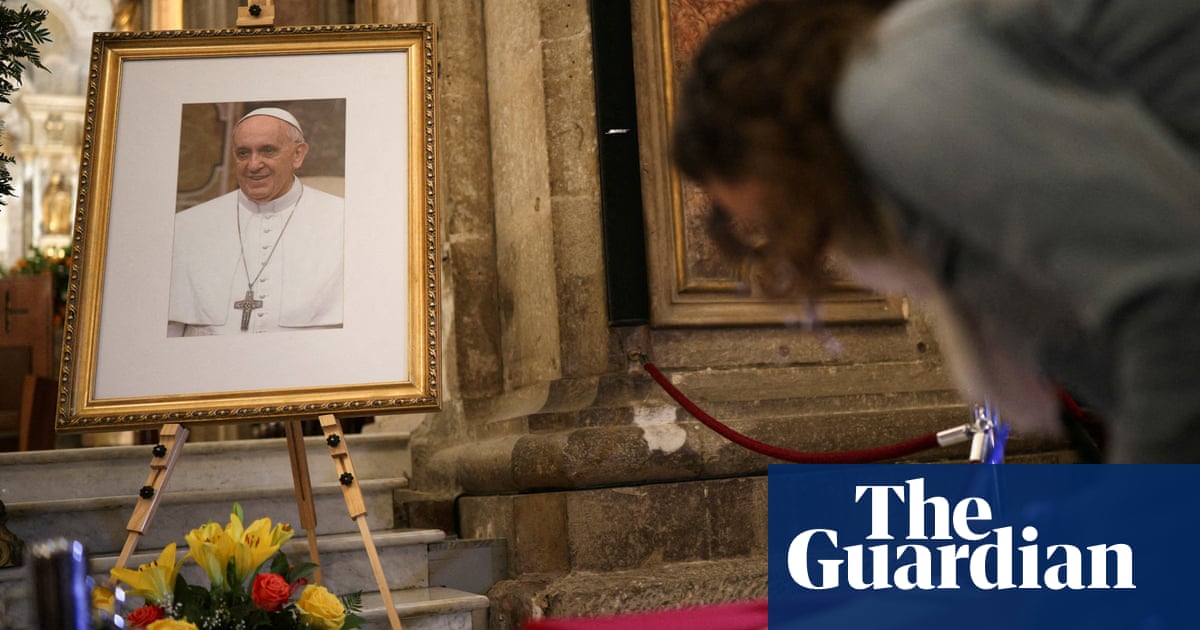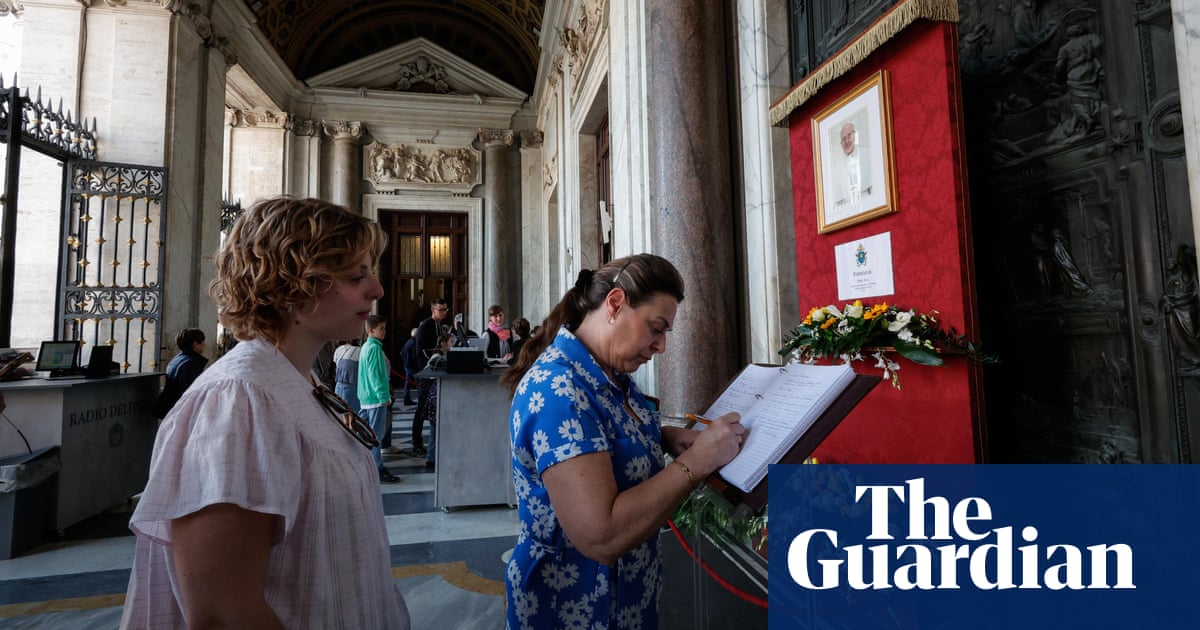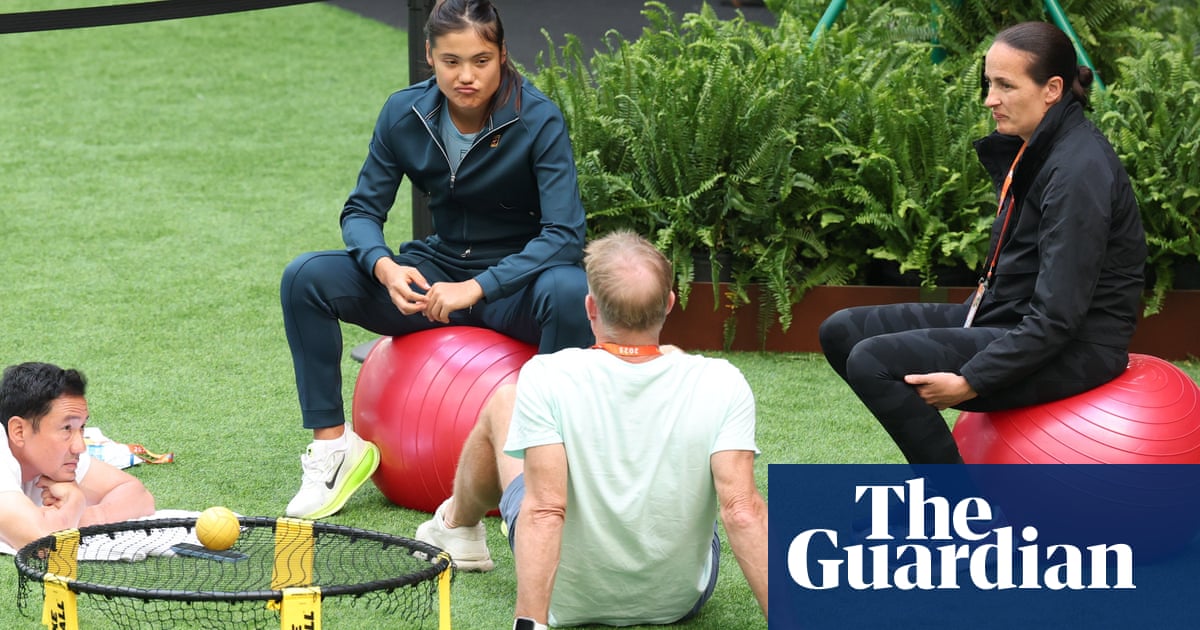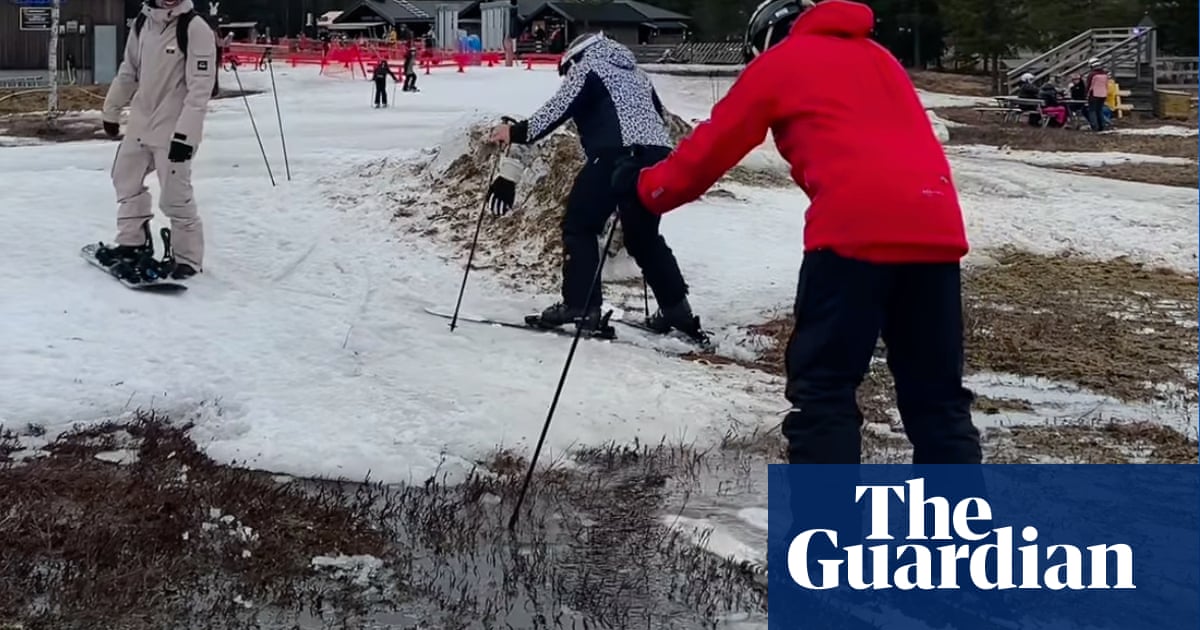In 1972, a nervous Margaret Thatcher went to Laurence Olivier’s London home for a lesson on presentational skills. The most famous actor of the 20th century told the then education secretary to put a book on her head and walk around to improve her deportment. He also advised her to take long confident strides, and to use her eyes to seduce and flirt.
The future prime minister went on to visit Olivier’s house for a further five lessons, details of which are revealed in a new Radio 4 play, When Maggie Met Larry. Starring Derek Jacobi, who joined Olivier’s fledgling National Theatre when only 24, and Frances Barber as Thatcher, the drama tells of the previously unknown advice on style and voice offered to the Tory politician.
“Thatcher would have been in awe of Larry when she first met him at his house,” said Jacobi. “He was, after all, the greatest actor. What Larry must have taught her was that politicians have to present their policies and then woo votes just like actors have to win over audiences.”

Jacobi, noted for Shakespearean roles and for TV’s I Claudius, was a close friend of Olivier. “Yes, I knew about Larry giving lessons to Thatcher. But it was all kept private at the time.”
While Olivier’s lessons were known about, little detail has been previously revealed. The visits were arranged by her speechwriter, Ronald Millar, who took her to Olivier’s house alongside Gordon Reece, Thatcher’s image guru.
Reece confided in his friend Ronald Harwood, whose writing credits included The Dresser and The Pianist, for which he was nominated for an Oscar. Harwood, in later life, revealed all to Tim Walker, the critic and dramatist who has written the new play.
“Thatcher was in effect a theatrical invention,” said Walker.
To be broadcast on 15 February, When Maggie Met Larry is timed to coincide with the 50th anniversary of Thatcher becoming leader of the Conservative party. While based on Harwood’s briefings plus Walker’s own research, the play is prefaced by an announcement that “scenes are imagined”, though the drama reflects reality.

Their half dozen meetings have been compressed into one for the purposes of this 60-minute radio drama. As well as dispensing advice on Thatcher making her hair bigger and suggesting different clothes, the two discuss their very different worlds. Thatcher complains how the majority of actors despise her because of her politics, but that she likes Olivier because he has a proper haircut and has shined his shoes. “In fact, Olivier was a ‘quiet Tory’,” adds Walker, whose stage play Bloody Difficult Women premiered in London in 2022.
after newsletter promotion
As well as receiving lessons from Olivier, Thatcher also worked with the theatrical voice coach Kate Fleming. Walker has looked into Fleming’s archive, held by the theatre, to find records of receipts from late 1972 until 1976. One letter from Conservative central office to Fleming’s east London home says she should invoice £37.80 for six lessons. Intriguingly, Thatcher’s name is not mentioned.
A later one for £200 “for the extensive period you have coached Mrs Thatcher” states that Fleming should simply call it for “group sessions”. “Maybe a way of not drawing attention to Thatcher herself?” wonders Walker.
Thatcher clearly took Olivier’s initial advice on presentation. She charmed the likes of Ronald Reagan and Mikhail Gorbachev. She even managed to win over her political foe, President François Mitterrand of France, who once remarked that “she had the eyes of Caligula and the mouth of Marilyn Monroe”.

.png) 3 months ago
30
3 months ago
30

